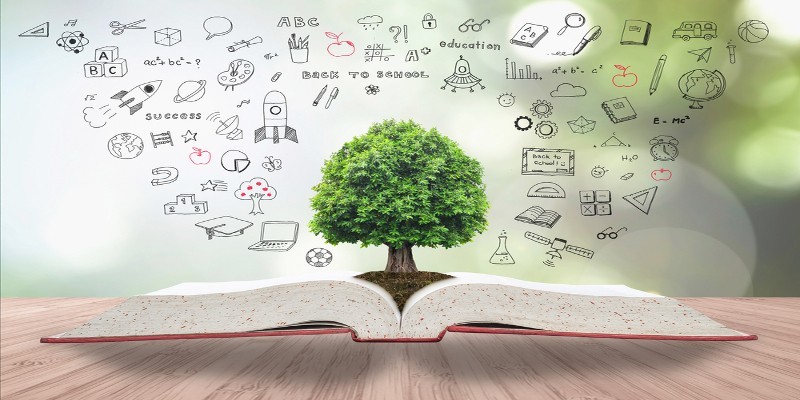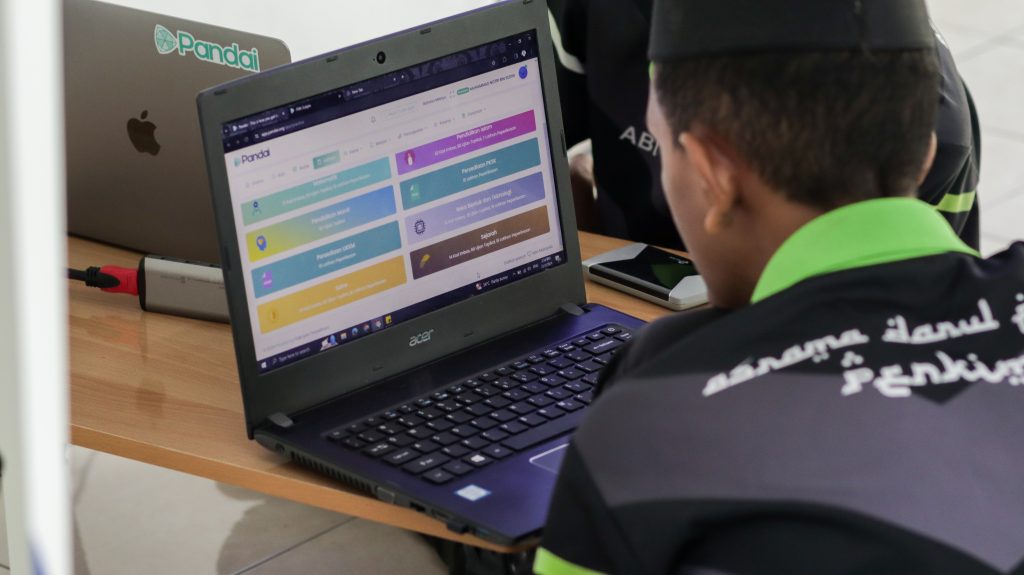
Education for Sustainable Development (ESD), initiated by UNESCO, provides students of all ages with the essential knowledge, skills, values, and agency to address global challenges such as inequality, resource misuse, biodiversity loss, and climate change. ESD promotes lifelong learning, empowering individuals to make informed decisions and take actions that enhance both society and the world. Additionally, ESD encourages global citizenship and cultural diversity by integrating sustainability as a core element of SDG 4 (Quality Education).
In Malaysia, the MADANI project highlights the importance of incorporating sustainability into the educational framework. This initiative aligns with global objectives, ensuring future generations have the knowledge, skills, and values needed to tackle environmental issues and promote sustainable practices. By 2030, ESD aims to provide inclusive, high-quality education and lifelong learning opportunities for everyone.
Importance of Green Learning
Teaching the next generation to be self-sufficient and environmentally aware is vital. Sustainability education covers all academic subjects and extends beyond the classroom. This approach equips students with practical skills for environmental preservation, fostering independence and a profound understanding of environmental issues. Emphasizing sustainability in education builds this crucial awareness.
Benefits of Sustainability in Education
Sustainable education practices significantly reduce the environmental impact of schools. By adopting recycling programs, waste reduction strategies, and energy conservation measures, educational institutions can minimize their environmental footprint. These practices not only cut greenhouse gas emissions and conserve resources but also set a positive example for students and the community. As schools embrace sustainability, they contribute to broader goals such as pollution reduction and resource conservation.
Integrating environmental topics into the curriculum helps students understand the connections between ecosystems and human activities. This comprehensive approach enables students to appreciate the wider implications of their actions and the significance of sustainability in all aspects of life. Educators who weave sustainability into various subjects prepare students to tackle complex future challenges effectively.
Moreover, instilling sustainable values early on ensures that future generations are well-equipped to address both ongoing and emerging issues. This foundational knowledge influences students’ personal and professional lives, leading to a ripple effect of positive environmental and societal choices. Over time, this collective commitment to sustainability can result in substantial positive changes, including reduced environmental degradation, enhanced social equity, and stronger, more resilient communities.
Role of Technology in Promoting Sustainable Education

The “Eco-Schools” initiative engages students in environmental conservation, starting in the classroom and extending throughout the community. This program positively impacts students, their families, educators, and local governments, fostering a sense of accomplishment and meaningful pathways to improve environmental conditions. Such initiatives represent practical applications of sustainability education.
Furthermore, distance learning, supported by information and communication technologies (ICT), offers flexible learning opportunities. Digital platforms reduce paper use through online resources and digital textbooks, thereby minimizing waste and lowering carbon footprints. Pandai, an educational app, supports green learning environments with interactive modules and virtual classrooms. By incorporating sustainability-themed content and partnering with eco-conscious entities, Pandai enhances awareness and adoption of sustainable practices among students and educators, reinforcing the principles of sustainable education.
Why Every Student Needs Pandai: A Guide to Sustainable Learning and Eco-Friendly Education
Integrating sustainability into education, through initiatives like MADANI in Malaysia and global frameworks such as UNESCO’s Education for Sustainable Development (ESD), is essential. It equips students with the skills to confront global challenges like climate change and biodiversity loss, fostering positive societal change. Technology, such as Pandai, contributes by promoting eco-friendly learning environments and optimizing resource use. As we strive to achieve the Sustainable Development Goals (SDGs) by 2030, education for sustainability remains crucial for developing environmentally conscious individuals capable of shaping a sustainable future.
Log in or Sign Up at www.pandai.org
Download Pandai App now via Google Play or App Store.
Follow us on our Social Media Now!
Facebook: @pandaiofficial
Instagram:@pandaiofficial
Twitter: @pandaiofficial
TikTok: @pandaiofficial

